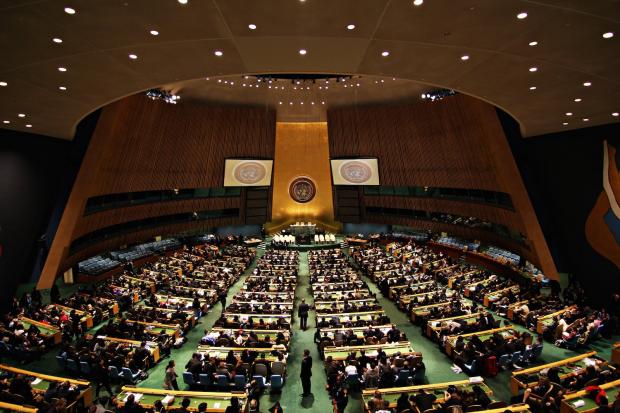Potlight: Enforcement Snags, UN Intervention
Despite legalization, marijuana enforcement still disparately affects minorities
There’s a conceit in policy just as there is in medicine that if you can attack the symptom of a sickness, you may be able to address the root cause at the same time. But those two birds aren’t always so carefully aligned behind each other.
Drug policy and social justice observers have been talking for years about the dramatic rise in disproportionate law enforcement with marijuana offenses over the past decade, with many joining forces in decriminalization efforts. One new study suggests, however, that while arrests are down significantly in Colorado and Washington, they continue to impact African Americans and much greater impact than whites.
According to a “brief” and “preliminary” study conducted by youthfacts.org, states that have legalized marijuana continue to use the drug as a weapon to criminalize blacks. It’s encouraging that arrests across the board are down—that means fewer lives impacted, and fewer tax dollars spent enforcing laws that majority of Americans don’t believe in. The initial information from this study, though, should be heeded as a warning sign. A criminal justice system that is slanted heavily on the backs of younger African Americans won’t be slowed overnight by eradicating its most obvious symptom.
Here’s the summary, starting with the good:
The answer to date is that reforms in these states have brought great benefits to persons under age 21 and to minority races, though not necessarily those predicted. The benefit is large reductions in arrests during the reform period, 2008 through 2014.* In the states that reformed laws, rates of marijuana arrest have fallen by 71 percent among those under age 21, 79 percent among those over 21, 80 percent among African Americans, and 76 percent among all other (nonblack) races. In the 45 states that did not reform marijuana laws, rates of marijuana arrest fell by 23 percent among those under age 21, 9 percent among those over 21, 15 percent among African Americans, and 16 percent among other races.
And then there’s the bad:
However, reforms have not reduced racial disparities in arrest rates. In three of the five reform states (Colorado, Washington, and Connecticut), disparities in arrests rates of blacks versus non-blacks remained roughly the same; in one (Massachusetts), disparities increased substantially; and in one (California), they fell. In states that did not reform marijuana laws, African Americans remained 3 times more likely than other races to be arrested for marijuana throughout the period.
Legalize it, worldwide
You heard it right above, that most Americans don’t support the nation’s marijuana laws. According to new data, 61 percent of Americans believe the “use of marijuana should be made legal”—an all time high.
Add the domestic backdrop to the pressure expected to be placed upon the United Nations when they convene for a General Assembly Special Session in April to discuss global drug policy. Mexico, Colombia, and Guatemala requested the UNGASS in 2012 in the light of the global drug trade wreaking havoc on their societies and institutions.
The three countries stated at the time that “revising the approach on drugs maintained so far by the international community can no longer be postponed”, and the UN needed to exercise leadership to “conduct an in-depth review analyzing all available options, including regulatory or market measures, in order to establish a new paradigm that would impede the flow of resources to organized crime groups”. An international meeting had to be convened, “capable of taking the decisions necessary to increase the effectiveness of the strategies and instruments with which the global community addresses the challenges of drugs and their consequences.”
With respect to the ravages the international drug war, the Washington Post Wonkblog has an excellent entry on this very issue, based on a 54-page report conducted by 22 medical experts convened by Johns Hopkins University. They concluded that over the past 50 years the war on drugs has lead to an increase in lethal violence, disease, discrimination, forced displacement of peoples globally. Specifically, they point to a striking rise of murders in Mexico, excessive use of incarceration as treatment, and racial discrimination in law enforcement. In 1998, the last time the UN held a special session on drugs, they charted a course for a drug-free world by 2008.
It’s high time to reevaluate.
The war on drugs has lead us to demonize our own desires, and externalize that punishment when economically weaker members of society do the same. We’ve criminalized a public health matter for the sake of the greater geopolitical strategy while at the same time a runaway pharmaceutical industry flooded our medicine cabinets with legal opioids.
The UN’s next 10-year mandate for drug use should include offering treatment instead of incarceration, weaning Western medicine from opioids, and ending the war on drugs.

